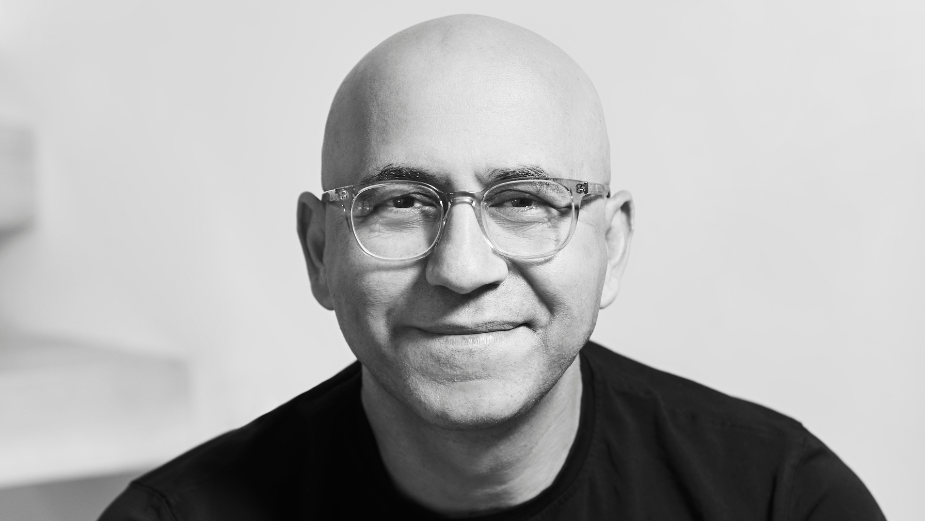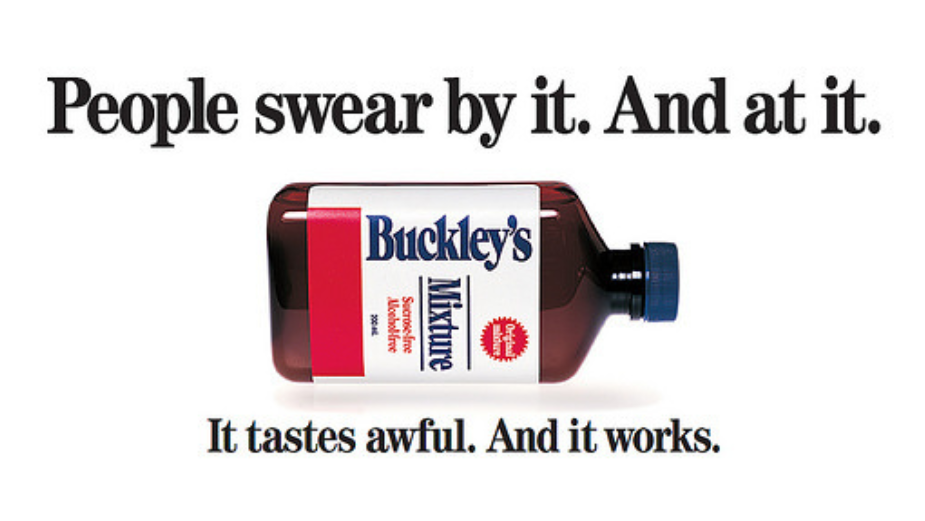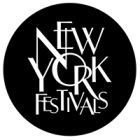
Zak Mroueh: “We Need to Blow the Doors Off the Brief and Exceed All Metrics”

AME Awards, the effectiveness focused award show from New York Festivals, has partnered with Little Black Book to sponsor the Awards & Events channel. This channel is a place for general news about award wins and any events being held, but it's also a place to discuss the trends impacting and changing award shows, such a prevalent part of our industry.
As part of this partnership, we'll be interviewing some of the advertising industry's brightest minds and most revered leaders on the meaning of effectiveness in 2021 and beyond, the advertising awards landscape of the future, and just about anything and everything that might come up along the way. In this latest edition Zak Mroueh, chief creative officer and founder of Zulu Alpha Kilo, chats about the evolution of effectiveness with LBB’s April Summers.
LBB> What does "effectiveness" mean? What is it made up of?
Zak> To me ‘effectiveness’ means you’ve achieved your stated objective, whether it’s increasing sales or changing perceptions. Truth is, effectiveness is the cost of entry. It’s why clients come to agencies in the first place. If our work doesn’t achieve that, we shouldn’t be in the business. What saddens me is seeing so much clearly ineffective work that doesn’t break through and is a waste of the client’s budget. What we all need to be striving for is to blow the doors off the brief and have things explode beyond all our greatest expectations, exceeding all metrics. That’s when you know you’ve hit an ‘effectiveness grand slam’ and earned your keep.
LBB> How has the definition of effectiveness and the way that we measure it changed over the years?
Zak> In the early days of advertising, effectiveness was purely about an increase in sales. But as the business has evolved and become more complex, so has the definition of effectiveness. The first metric is obvious and why we’re all here: increased sales for the brand. But some briefs are about changing perceptions, lobbying for a change in government policy or inspiring a certain action you want from consumers.
LBB> What have been some of the most effective ads you’ve seen and done to date? Are there any campaigns that have stayed with you over the years?
Zak> There have been so many incredibly successful global campaigns but I thought, as a Canadian, I'd talk to some classic, older examples from here at home. One of those is Diamond Shreddies. They took a well-known staple that was always seen a certain way and literally flipped it on its head and came up with news, out of nothing. It was an incredibly effective campaign, boosting sales in a category that was dying. Across Canada, it was the kind of work that got real consumers talking and created a ton of buzz for the brand.
Another was Viagra. This is closer to home because I worked on it with a fantastic team at my previous agency. Because of local regulations for pharmaceutical products, we were not able to claim the benefits of the product. So, we bleeped out what people were actually saying about how they spent the weekend with their partner. The rest was left up to the viewer’s imagination. And the thing that made it very effective was you couldn't ignore it. It was the image of the pill that acted as the ‘bleep’. It was literally on screen for half the commercial. You couldn't have had that ad without the Viagra pill. It had some of the highest recall scores ever because the product and the creative idea were so intrinsically linked.
LBB> We’re used to hearing about the best creative advertising campaigns, but what’s your favourite historic campaign from a strategic perspective? One that you feel demonstrates great strategy - and perhaps effectiveness?
Zak> Dove Real Beauty comes to mind and specifically the legendary Canadian viral film, Dove Evolution. Another one was a Canadian cold and cough medicine called Buckley's. Decades ago, the dilemma for the agency and the marketing team was that the product had a horrible taste. So, how do you market it? The genius of that idea was taking that old adage of turning your weakness into a strength. In this case, the product tastes bad, but they turned that into a positive with the legendary Canadian tagline - “It tastes awful. And it works”. You could run this work today and it would still be as effective as it was thirty years ago. The strategy is timeless and they’re still using the line.

One of the most effective campaigns to come out of Canada in recent years is SickKids Foundation with the launch of their transformative VS brand platform in 2016. Since launch, they’ve seen ground-breaking results across all metrics and have been recognised with global creative and effectiveness accolades. From a fundraising perspective, the Foundation exceeded its campaign goal of $1.5B. This brilliant brand platform showed a different side of patients, where they were not solely defined by their illness. This was work for a real cause with real results at its best.
LBB> Which of this year's Cannes Lions winners stand out for their ability to demonstrate effectiveness?
Zak> That’s a tough one for me to answer. When I look at the work that wins a Cannes Lion now, I have no idea how effective it is. It's hard to judge case studies because they’ve become so embellished and exaggerated. There's stuff you look at that’s obviously very inspiring and smart, but you can’t truly measure its effectiveness unless there is more rigor to the process. As someone who's judged a lot of award shows, there's a meter that goes off. Instinctively you know a lot of the work that wins at big award shows is not seen by a lot of consumers. I would bet that some of the most effective and creative work being done in the world isn't necessarily winning the biggest awards at Cannes. I do value shows like the Effies and the new Cannes’ Creative Effectiveness category, because the entries are scrutinised more thoroughly for their results.
LBB> What’s your advice for people wanting to create effective work?
Zak> I think it’s important to set a clear objective. And the brief should never be about trying to win an award. I've had that brief from clients - it's not a good brief. I mean, it's great to inspire people to create the kind of work that is worthy of high praise creatively, but always start with what you're trying to achieve in the business first. What is the end goal? What do we want consumers to think, to feel? What does success look like? In our briefs, we always strive to shake up the category and create the kind of work that real consumers are going to talk about at the dinner table, versus only people at award shows seeing it.
LBB> Any other thoughts on the future of awards?
Zak> Well, I definitely have a love-hate relationship with awards. I've entered them, I've judged them. I think they're important for all the cliché reasons. But I do think the eligibility standards of award shows have gone down. I think quite often award shows are more concerned about the revenue and need to crack down on a lot of the stuff that is questionable. There needs to be higher standards for how your results are presented, and maybe we’ve finally got to abolish the case video, it's too easily embellished. Otherwise, I think the integrity of what wins awards is going to continue to be lost in light of why we're all here. We're here to do something that creates a result for our clients and for the brief. Otherwise, we're just talking to ourselves.










